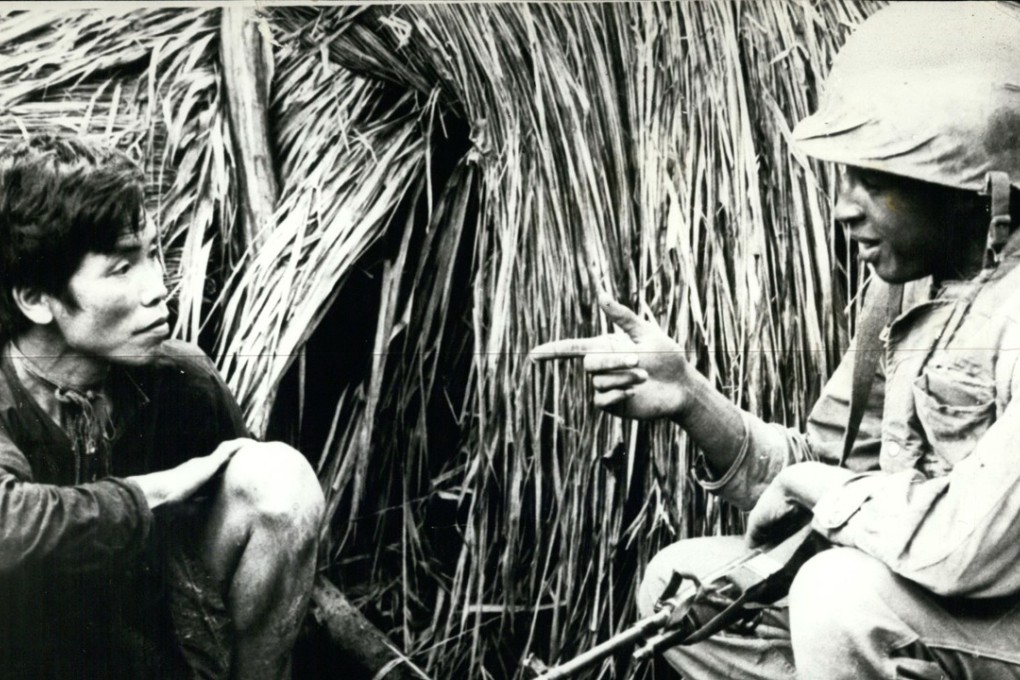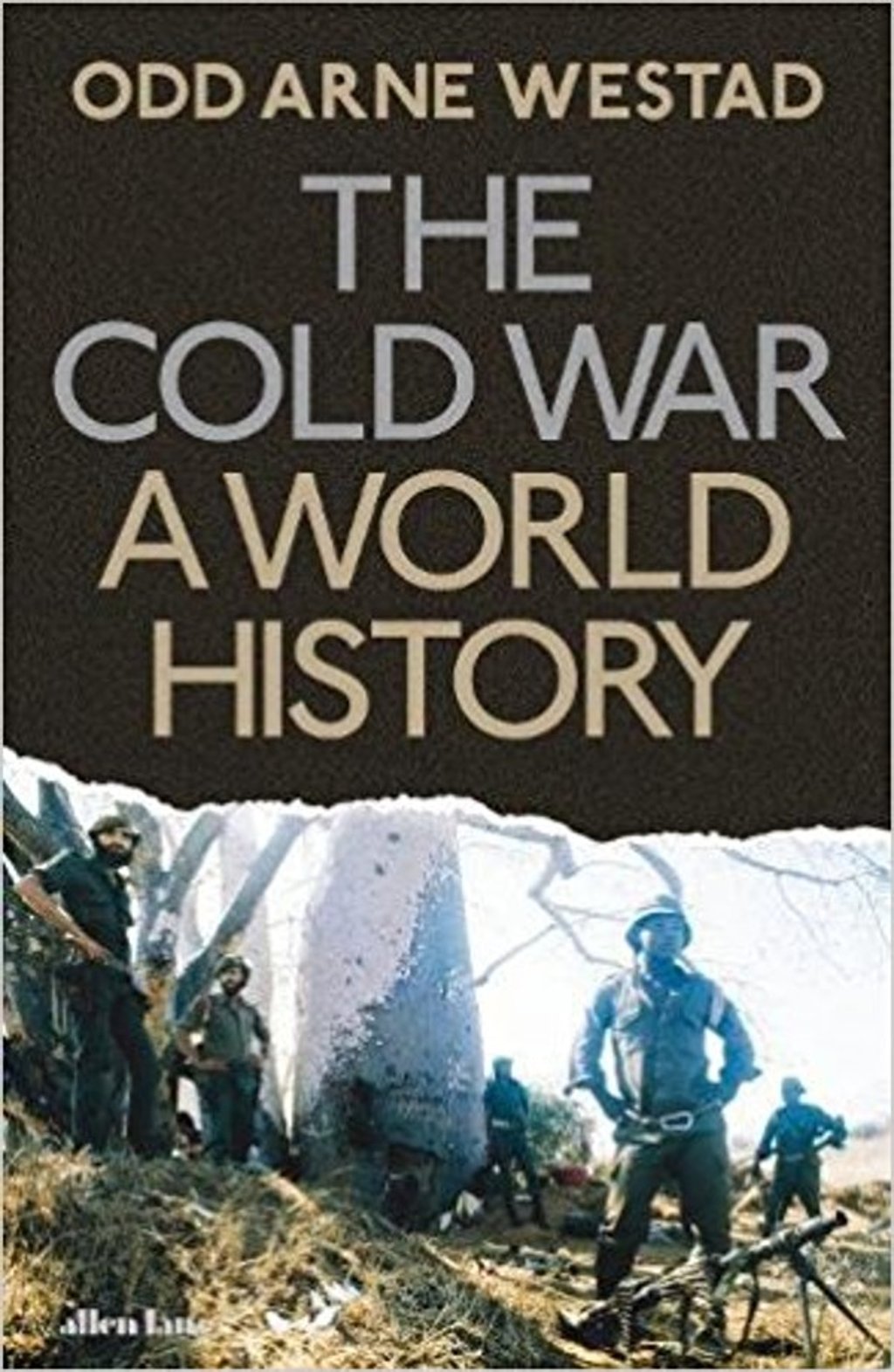Review | Sweeping new history of the cold war a reminder of how stupidity, ignorance and arrogance almost brought the world to annihilation
Odd Arne Westad’s fresh perspective on the global contest between communism and capitalism should be on every family’s bookshelf now Donald Trump occupies the White House, even if it is weak on China’s role

The Cold War: A World History
by Odd Arne Westad
Allen Lane
We tend to suffer from what evolutionary biologist Richard Dawkins terms the “tyranny of the discontinuous mind” – a weakness for putting things into clearly defined and labelled boxes that inevitably clash with the inescapable facts of the real world.
Our understanding of our own history, in particular, falls prey to this tendency. And this can have unfortunate consequences, as Odd Arne Westad’s excellent precis of the cold war reminds us.

Misconceptions start with definitions. If we take Wikipedia as the perfect manifestation of our discontinuity syndrome, then the cold war began in 1947 and ended in 1991. Westad locates its origins in the distant, shared past of Europe’s religious wars, the Enlightenment and colonialism, although he starts his cold war clock around the turn of the previous century and the emergence of Russia and the United States as global powers.
“Concepts of modernity in the United States and the Soviet Union had a common starting point […] in the expansion of Europe and European modes of thinking, over a global scale over the past three centuries,” he says.
The course the two then took – one towards the globalising force of communism and the other towards the equally globalising free-market capitalism – shapes the world today. Not least in terms of the post-cold war mindset in which “we continue to see the world in terms of zero-sum games of mutually incompatible binary divisions”.